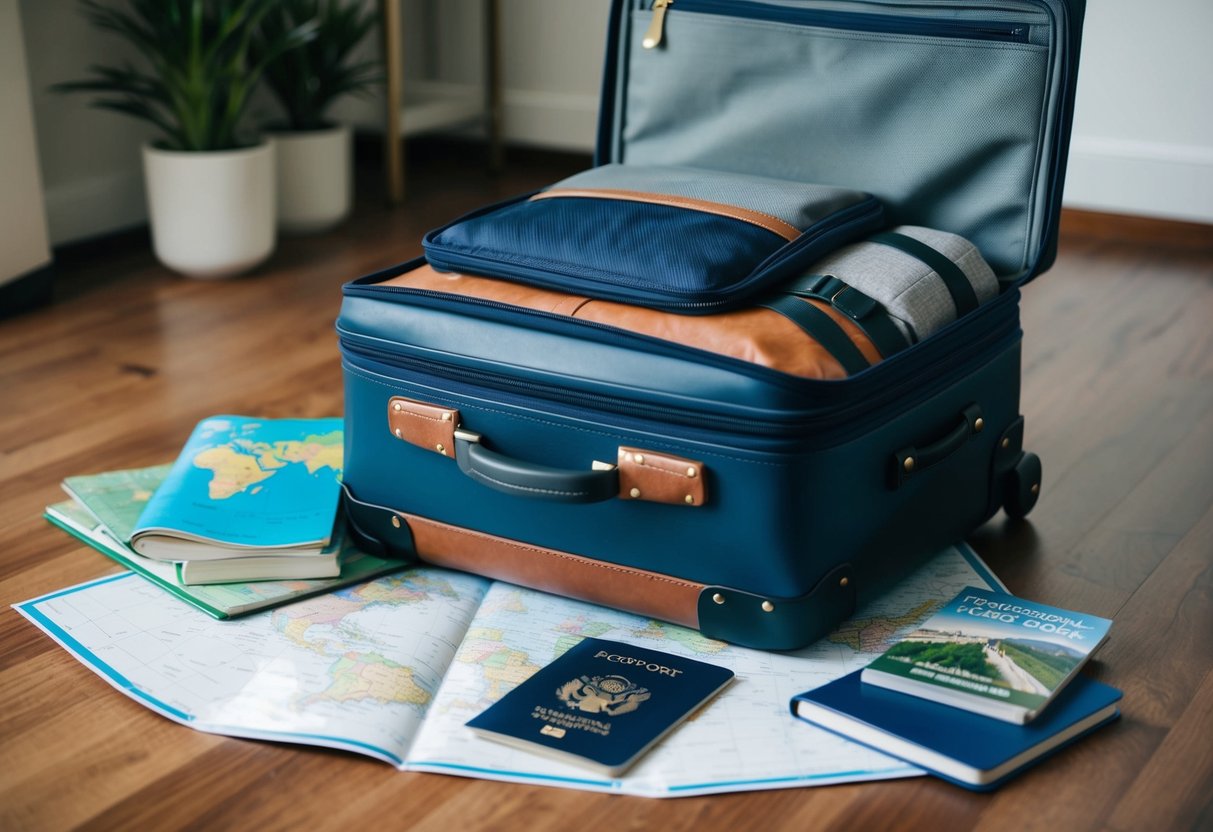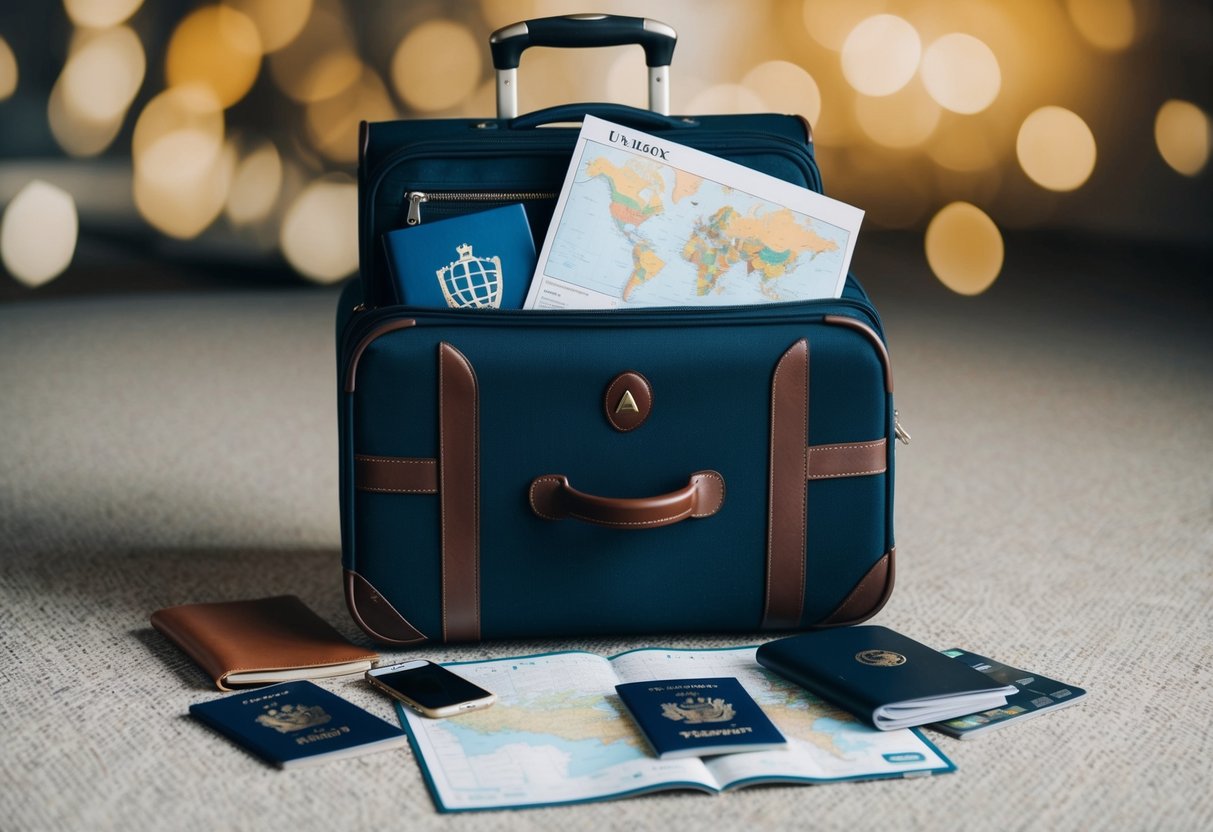
Unlocking the secrets to affordable adventures is crucial for avid explorers looking to maximize experiences without breaking the bank. Strategic planning, smart use of technology, and making informed choices can significantly cut travel expenses. With the right tips, travelers can savor exciting destinations and memorable moments while staying within their budget.
Embracing travel hacks means learning to be flexible with travel dates and destinations. It allows travelers to access discounts, use reward programs efficiently, and find cost-effective accommodations. Savvy travelers often explore travel forums and apps to uncover hidden gems and lesser-known travel routes that offer both savings and unique experiences.
Using public transportation, or exploring a city on foot, not only saves money but also provides a more authentic experience. This approach helps visitors immerse themselves in the local culture. By adapting these strategies, anyone can travel smarter and richer in experiences.
Planning Your Trip

To optimize your travel experience and minimize expenses, consider the best time to travel, how to wisely book flights, and smart accommodation strategies. Each of these decisions can significantly impact your budget and overall travel satisfaction.
Selecting the Best Time to Travel
Choosing when to travel can greatly influence the cost and quality of your experience. Shoulder season, the period between peak and off-peak seasons, offers a sweet spot with fewer crowds and lower prices. During this time, destinations are not overcrowded, and accommodations are more affordable yet still available.
Monitoring climate patterns and local festivals can also guide your decision, as traveling outside major events can save money. Flexibility with dates and destinations can lead to unexpected savings and more enjoyable experiences. By aligning travel plans with these factors, travelers often find trips that are both economical and unforgettable.
Booking Flights Wisely
Finding cheap flights requires a strategic approach. Start by setting flight alerts for price drops, as fares can fluctuate significantly. Compare prices across different airlines and consider booking directly for added benefits, such as better customer service and lower fees.
Flight search engines and apps help identify the best deals, especially if you’re flexible with layovers and travel days. Tuesdays and Wednesdays often offer the most affordable fares. Booking in advance, yet not too early, usually results in better deals. Remember, a little extra research and patience can lead to significant savings on flights.
Accommodation Hacks
Consider alternatives to traditional hotels when planning where to stay. Renting an apartment is often more cost-effective, offering kitchen facilities for budget travel. These accommodations provide a local experience, often with more space and privacy than standard hotel rooms.
Hostels are another option, especially for solo travelers or those on tighter budgets, providing both affordability and opportunities for meeting fellow travelers. Loyalty programs also offer discounts and perks; joining these can enhance your accommodation experience. Exploring less conventional accommodations can maximize savings without sacrificing comfort or convenience.
Savvy Packing Strategies
Efficient packing is the cornerstone of smart travel, enabling travelers to make the most of their luggage space and time. Focus on only bringing essentials and using techniques to maximize space.
Essentials Packing Checklist
Packing light starts with an essentials checklist. Travelers should prioritize clothing that can be layered and worn in multiple scenarios. It’s key to consider the climate and activities planned. A foldable rain jacket or a versatile sweater may be invaluable.
Streamlining toiletries is also crucial. Opt for travel-size containers and solid toiletries to reduce liquid bulk. Additionally, packing a small first-aid kit can be useful. Electronics and their chargers should be planned with care, avoiding unnecessary gadgets. An e-reader saves space and is a great alternative to physical books.
Lastly, they should use packing cubes to keep items organized. They not only save space but make accessing belongings easier. This small addition can transform the packing process and contribute significantly to a smooth journey.



